Dark Energy

Epilogue
The Pursuit of Knowledge

The pursuit of knowledge is a life-long endeavor of humanity. We seek an understanding of most things we do. We want to know, for instance, what our lives would have become had we made certain choices. Others, however, choose to pursue the understanding, not of their lives but the cosmos. They look upon the stars and wonder about its origin. Each question answered further extends into limitless branches that reach beyond our sight.
Our generation appears fortunate in our pursuit of cosmic knowledge. Technology allows us to search further into the beyond than in the past. Supercomputers allow us to determine the stars' motions, planets, and constellations in a manner thought impossible during our predecessors' lives.
Religion
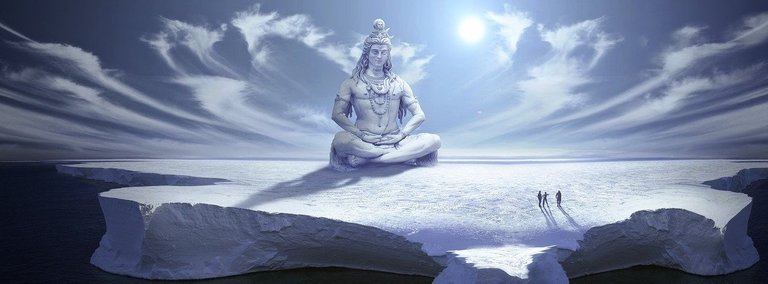
In our ancient past, we used concepts of supernatural beings to explain the behavior of celestial bodies. In Hinduism, for example, Shiva is the Hindu god of destruction and a third deity in the Hindu triumvirate. The others are the god of creation, Brahma, and Vishnu, the god of preservation. Shiva himself maintains the dual role of benevolence and destruction and, according to Bhargava, is responsible for expanding the universe.
Together, the Hindu triumvirate maintained, or still maintains, control of the heavens that produces the events seen in the sky. Technology, however, pursues goals greater than those described by our forefathers.
Introduction

Welcome, fellow sentient beings, to our second installment in the Astronomy and Physics series entitled, "Dark Energy." In this blog, we discuss how we came to know about dark energy. We'll explore its current definition and what we believe it to be. Finally, we will investigate the various experiments meant to determine what, if anything, causes its existence.
The Universe
Expanding Universe
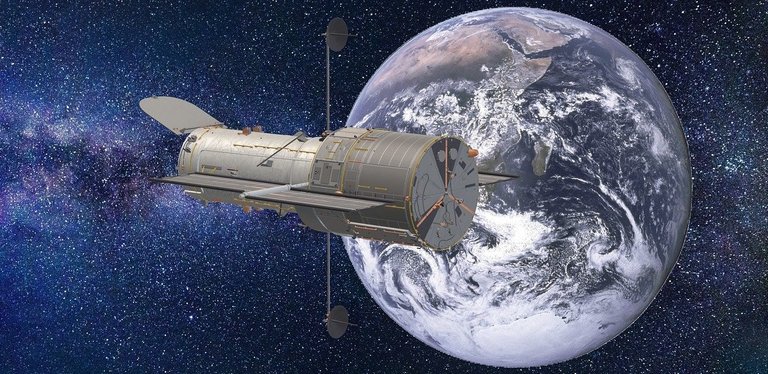
In 1929, Edwin Hubble changed the course of cosmology through his observation that the universe was expanding. However, this discovery did not occur alone within a vacuum. Multiple scientists before him developed the concept of an expanding universe.
In 1922, for example, Alexander Friedmann proposed that the universe underwent a big bang and suggested models of behavior in the universe in both closed and open systems. Approximately 2 years following this observation, Edwin Hubble reported our first realization that there were multiple galaxies outside of the Milky Way. Vestor Slipher, in another endeavor, started measuring the distance velocities of surrounding nebulae.
Georges Lemaitre built upon Hubble and Einstein's theories to further expand upon the big bang theory and a relationship between distance and redshift. Some controversy exists with Lemaitre's findings as they had been relatively unknown until recently. All these events eventually led to Edwin Hubble's observation and validation of the expansion of the universe.
Acceleration of the Expansion
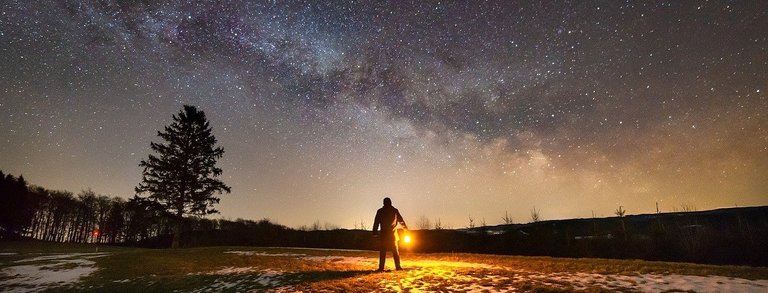
In 1998, Saul Perlmutter, Brian Schmidt, and Adam Reiss presented findings that rocked the science community. The universe wasn't just expanding. They found the expansion to be accelerating. Their discovery of an expanding universe also introduced the concept of dark energy. Something is responsible for driving the universe further apart.
Dark Matter Revisited
Recall from an earlier post that dark matter, to our knowledge, is responsible for maintaining sufficient gravity for galaxy movement. While dark matter keeps the galaxies together, dark energy is increasingly driving them apart. The cause of dark matter and energy eludes us. However, like with dark matter, experiments are underway to find the cause of dark energy.
Dark Energy Experiments

Science makes things look easy. Given the ease at which physicists can speak about their fields, it sometimes escapes me the monumental tasks they must achieve to answer simple questions like why the sky is blue. Why do galaxies rotate and remain intact? Why does the universe expand? The search for answers takes decades and longer. Here are but a few experiments that science is either planning or began to help us understand dark energy's nature.
HETDEX
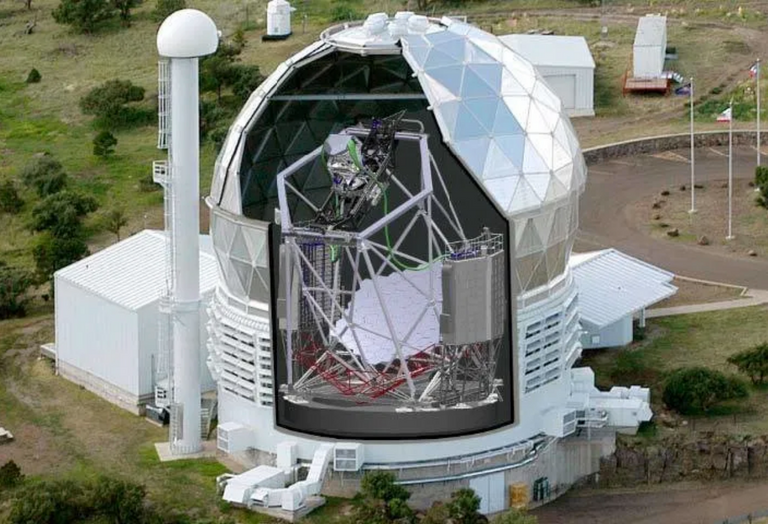
HETDEX stands for the Hobby-Eberly Telescope Dark Energy Experiment (HETDEX). It is designed to measure sound waves from as far back as 400,000 years ago. One of this project's goals is to obtain more exacting measurements of the universe's expansion rates. In obtaining these measurements, these experiments will eliminate "competing ideas" about dark energy.
DES
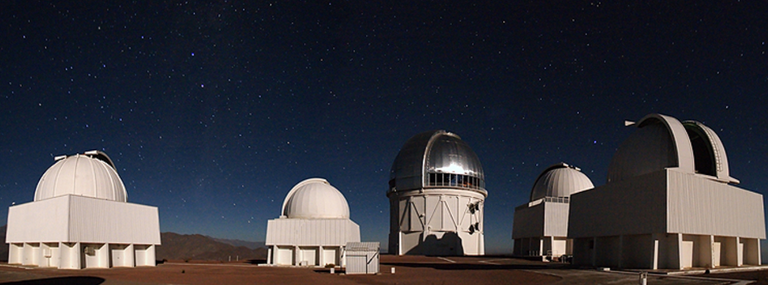
In progress since 2013, the Dark Energy Survey attempts to map out hundreds of millions of galaxies to observe the nature of dark energy across the cosmos. DES purports to measure the "14-billion" year history of the universe.
DESI
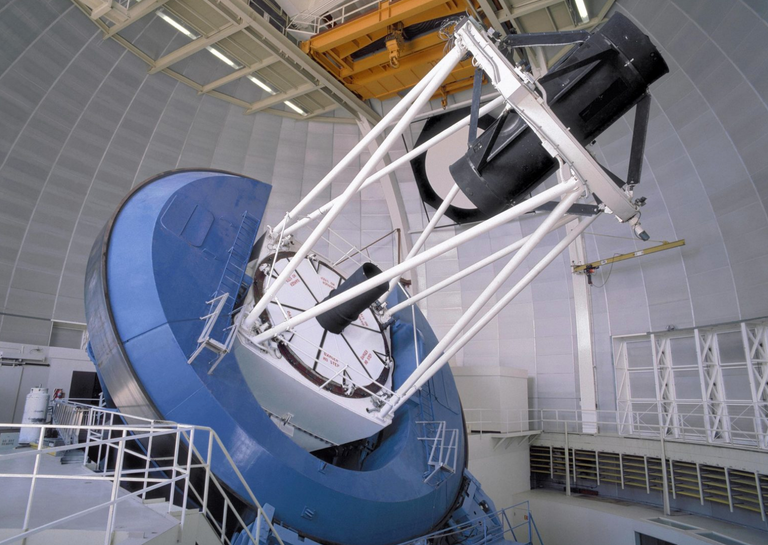
The Dark Energy Spectroscopic Instrument (DESI) also intends on mapping out the universe. The difference between this experiment, HETDEX, and DES is that it intends to map millions of galaxies in 3D. The DESI system maintains thousands of fiber optic cables that automatically adjust to point the telescopic towards thousands of galaxies at a time. The light captured is split into separate colors for further analysis.
Epilogue
The search for Dark Energy continues and will do so beyond many generations. It appears that science intends on observation first before moving forward, and there's no injustice in this endeavor. We need to gather as much information around us as possible before setting forth on new endeavors.
What can Society Do?
 Image by Gerd Altmann from Pixabay
Image by Gerd Altmann from PixabayWe must question the life around us. Seek out answers to the questions that drive us. Learn about the things we question in our day to day lives.
Humanity in Review
 Image by wal_172619 from Pixabay
Image by wal_172619 from PixabayWe know less about our lives than we think. I re-learn this daily and try to make peace with this observation.
In Closing

Image by Gerd Altmann from Pixabay
Thanks again for following on with this series. I look forward to presenting you with additional activities that focus on Humanity in the future.
Each topic presented poses different challenges during research. It is essential to cite all available references for this work to ensure that all readers can validate the information presented as they desire. The goal, ultimately, is the dissemination of accurate and thoughtful information. Unfortunately, some topics are more difficult to research than others.
Your thoughts?

Image by Free-Photos from Pixabay
How do you feel about the information presented today? Do you have any stories to share of struggle, survival, science, or love? Please share it with us in the comments below!
Related Posts
Astronomy & Physics
| Dark Matter Search | Dark Energy (coming soon) | Dark Flow (coming soon) | Absence of Light (coming soon) |
|---|---|---|---|
 | 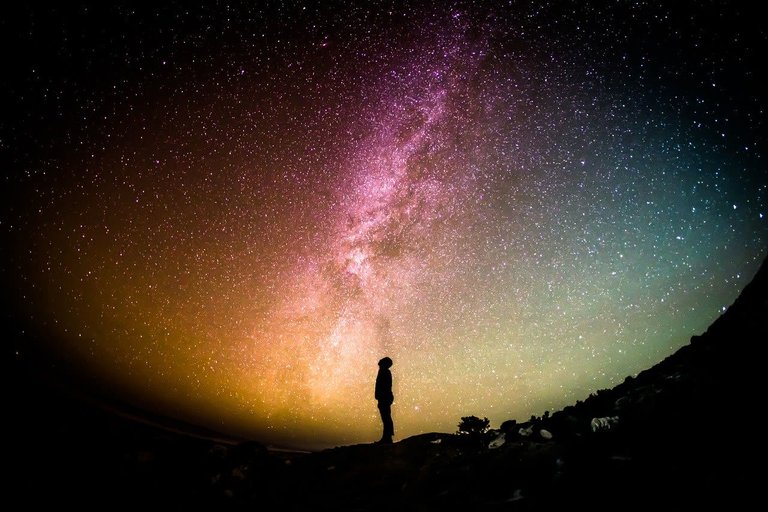 | 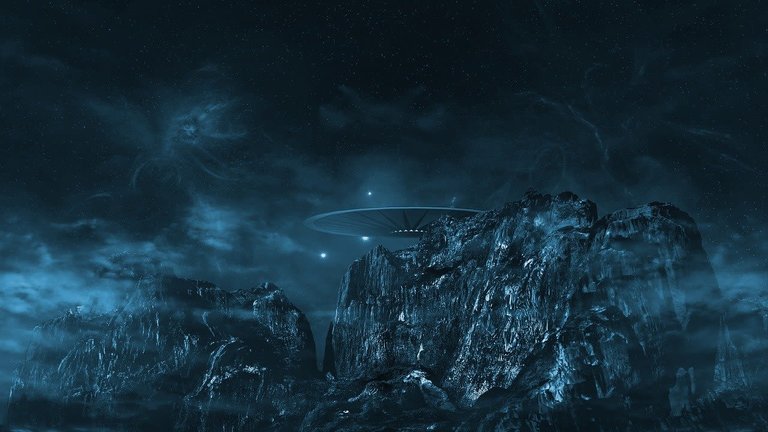 | 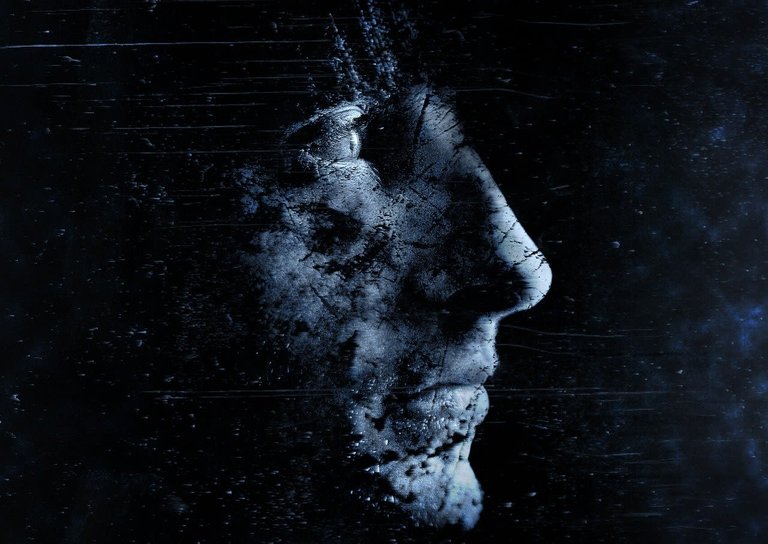 |
Energy
| Energy Overview | Coal | Nuclear | Solar |
|
|
|
|
| Hydroelectric | Wind | Geothermal | Biomass |
|
|
|
|
| Natural Gas | |||
|
Environmental Impacts
| A Journey | Volcanoes | Mercury | Wildfire |
|
|
|
|
| Inferno | Climate Change | Black Gold | Smartphones |
|
|
|
|
Faith in Humanity
| Humanity #1 | Humanity #2 | Evil of Indifference | Dying of the Light | Gentle Good Night |
|---|---|---|---|---|
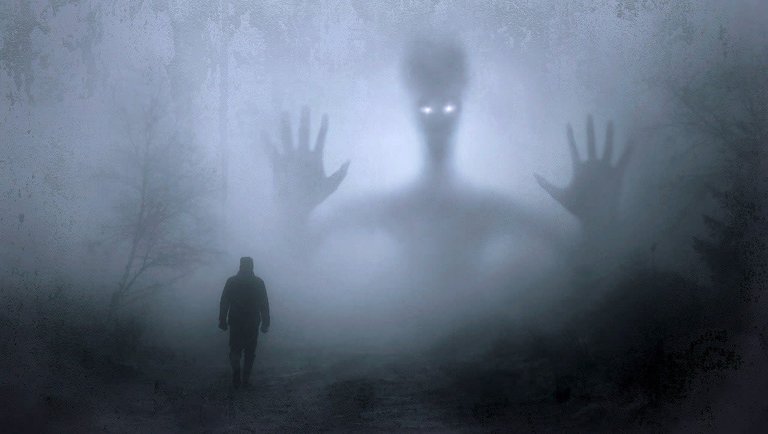 |  |  |  |  |
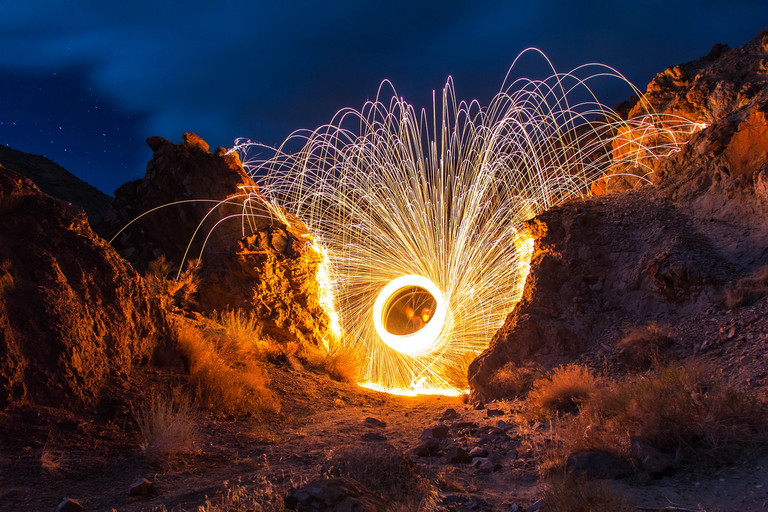

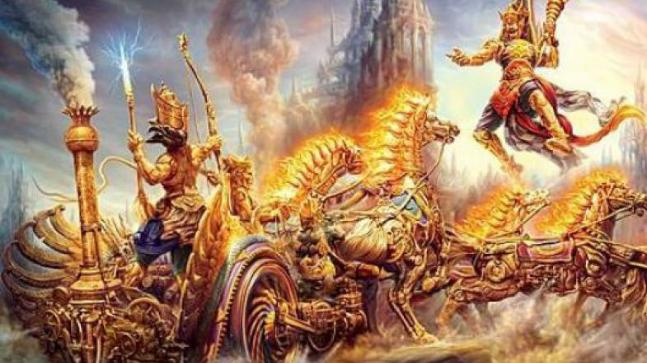









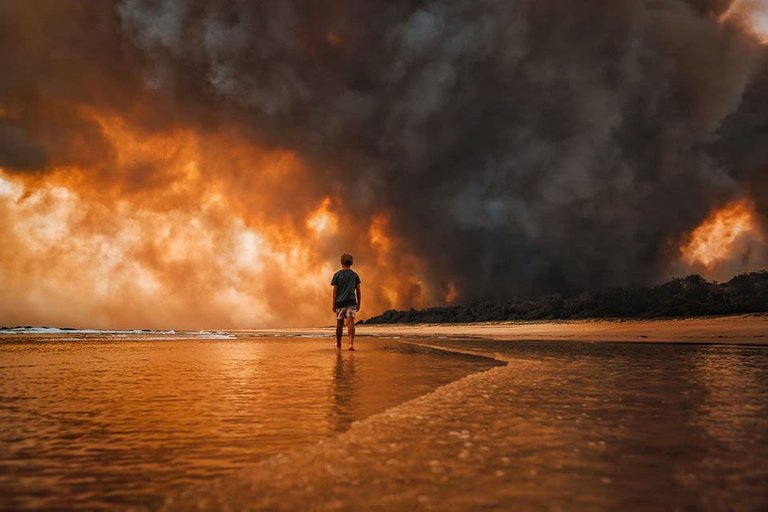
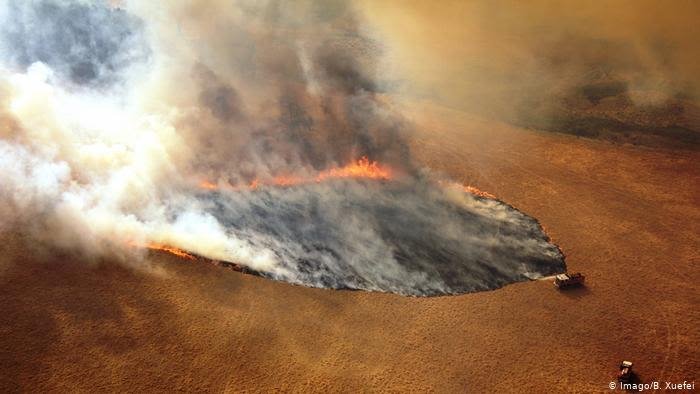



Congratulations @scholaris! You have completed the following achievement on the Hive blockchain and have been rewarded with new badge(s) :
You can view your badges on your board and compare yourself to others in the Ranking
If you no longer want to receive notifications, reply to this comment with the word
STOPThank god you came back , and indeed 2020 is a bad bad year.
Thank you very much. It's good to be back and ready to go. There's so much to write about. It is my panacea.
https://twitter.com/HiveScholaris/status/1330123695084478468
https://twitter.com/Bhattg18/status/1330698847723560960
A whole mystery that we would like to reveal.
I have had the feeling and the desire to know about who we are and who or why they created us.
Know beyond what we see in movies, documentaries, newspapers, or an article by a scientist.
I believe that the search for truth is humanity's lost treasure and we continue to search for it.
Thank you for your words. I wholeheartedly agree. Researching these topics show me that the pursuit of knowledge is as old as humanity itself. We will never stop seeking answers whether they be of a god we choose to worship or an absence of divinity we accept in our lives.
Man I think in life you can't stop learning even if you want to because there new and new things that interests you and you want to learn about them
Lol only dear will stop me from learning
True enough. My father has never stopped studying. It's always from one thing to the next, and, it appears, I'm following in his footsteps. I don't know that death truly stops the learning process. Best of luck, and have an awesome day!